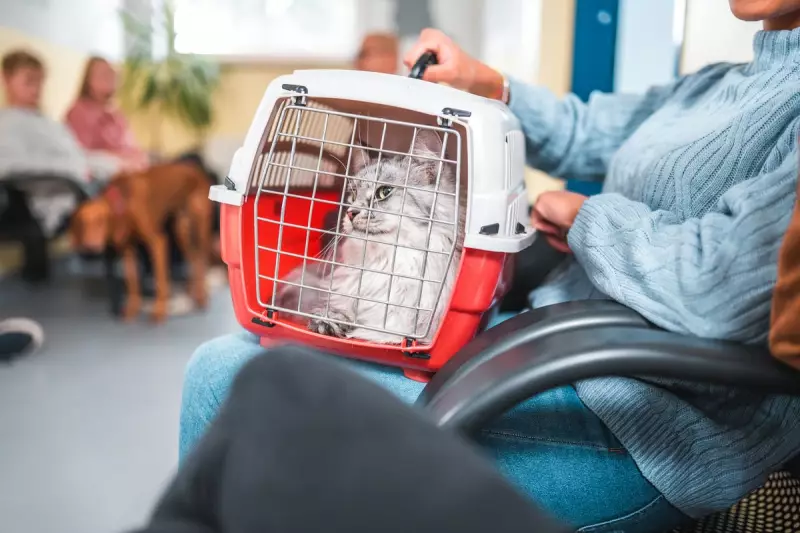
For many British cat owners, their feline companion is a beloved member of the family. But as our pets enter their golden years, a silent condition can often go unnoticed. Vets are now raising awareness of Feline Cognitive Dysfunction (FCD), a form of dementia strikingly similar to Alzheimer's in humans, which affects a significant portion of the UK's ageing cat population.
The Silent Signs Your Cat Might Be Struggling
Unlike a sudden illness, feline dementia creeps in subtly. The changes are often mistaken for 'just getting old,' but experts urge owners to look for these 11 critical behavioural shifts that signal something more is wrong:
- Increased Vocalisation: Excessive, often loud meowing, particularly at night, for no apparent reason.
- Altered Sleep-Wake Cycles: Pacing and restlessness through the night, reversed from their normal routine.
- Loss of Toilet Training: A previously house-trained cat suddenly having accidents outside the litter tray.
- Spacial Disorientation: Appearing confused or lost in familiar surroundings, even getting stuck in corners.
- Changed Interactions: A formerly affectionate cat becoming withdrawn, or a independent cat becoming unusually clingy.
- Decreased Grooming: A noticeable decline in self-care, leading to a matted or unkempt coat.
- Reduced Activity: A significant drop in playfulness and general activity levels.
- Anxiety and Irritability: Seeming more on edge, startled easily, or displaying new-found aggression.
- Staring into Space: Appearing to be 'zoning out' or fixating on walls for long periods.
- Loss of Appetite: A decreased interest in food or forgetting meal times.
- Forgetting Familiar Commands: No longer responding to their name or cues they once knew.
What To Do If You Suspect Feline Dementia
Not every senior cat will develop dementia, but vigilance is key. The first and most crucial step is to consult your vet. Many symptoms of FCD can mimic other treatable conditions, such as hyperthyroidism, high blood pressure, or arthritis. A thorough veterinary examination can rule these out and provide a proper diagnosis.
While there is no cure, there are ways to manage the condition and improve your cat's quality of life. Vets can recommend specialist diets rich in antioxidants, supplements, and in some cases, medication. Simple environmental changes at home can make a world of difference:
- Maintain a consistent routine to minimise confusion and anxiety.
- Provide easy access to food, water, and comfortable resting places.
- Use night lights to help with disorientation during darker hours.
- Offer gentle reassurance and avoid moving furniture to keep their environment predictable.
By recognising the signs early, UK cat owners can seek help and ensure their cherished pets continue to live comfortable and contented lives in their later years.





